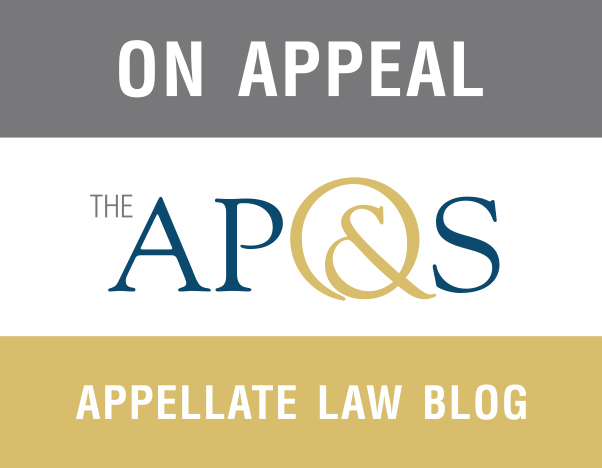The Rhode Island Supreme Court generally has expressed great reluctance to review on certiorari interlocutory decisions, such as the denial of a motion to dismiss. However, this term, in Huntley v. State, No. 2011-397-M.P., the Rhode Island Supreme Court granted the State of Rhode Island’s petition for writ of certiorari and directed the parties to address two discrete issues – application of the doctrine of res judicata and the relation-back doctrine. In doing so, the Supreme Court noted that “‘[g]enerally, we decline to review on certiorari interlocutory decisions such as the denial of a motion to dismiss or the denial of a motion for summary judgment.’” Id. at 5 (quoting Imperial Casualty and Indemnity Co. v. Bellini, 746 A.2d 130, 132 (R.I. 2000)). Although it offered no explanation for its deviation from that general position, after granting the petition for writ of certiorari, the Court held that the hearing justice erred in failing to dismiss the plaintiff’s case on the basis of res judicata. Accordingly, the Court quashed the judgment of the Superior Court and remanded the case.
The Huntley decision represents the rare occasion when the Supreme Court will review the propriety of the Superior Court’s denial of a motion to dismiss. On those occasions when the Supreme Court undertakes such review by certiorari, the Court will “apply . . . the same standard as that applied in reviewing the grant of such a motion.” Id. at 5-6. Thus, the Court will “‘affirm the denial of [defendant’s] motion to dismiss if [defendants have] failed to show that [plaintiff] would not be entitled to relief under any set of facts that could be proven in support of [his or her] claim.’” Id. (quoting Imperial Casualty and Indemnity Co., 746 A.2d at 132).

(1) Petition for Certiorari Granted to Review Denial of Motion to Dismiss.
Posted In: Certiorari Tagged In: Appellate Practice, Certiorari, Rhode Island Supreme Court



